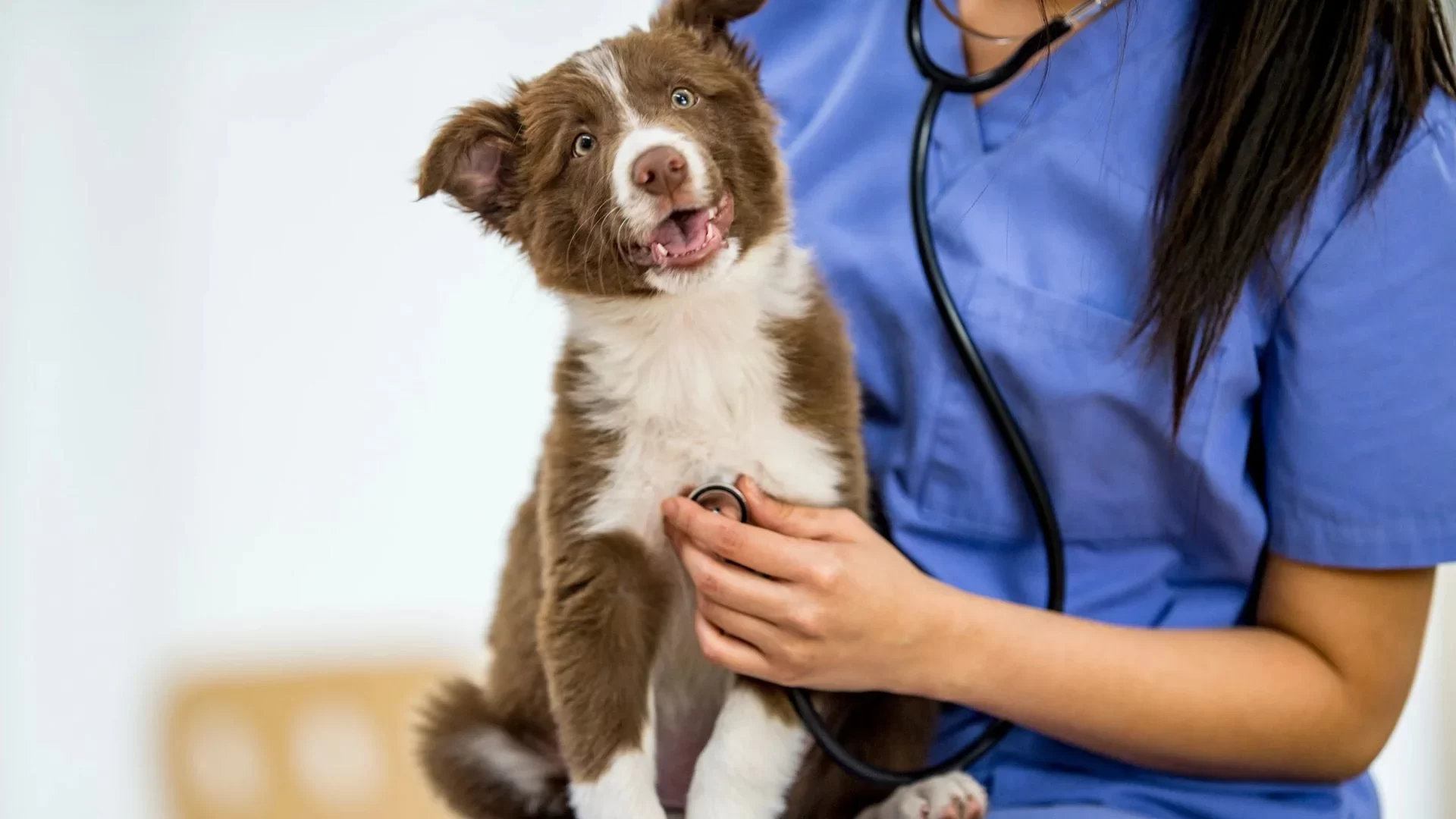How to Find a Vet That Provides After-Hours Care: Your Guide to Emergency Veterinary Services
- Why You Need an After-Hours Vet
- How to Find After-Hours Vet Care
- Common Emergency Pet Situations
- What to Expect at an Emergency Vet
- Alternatives to After-Hours Vet Care
Why You Need an After-Hours Vet
Emergencies happen when you least expect them, and unfortunately, not all pet emergencies occur during regular office hours. From sudden injuries to unexpected illnesses, your pet may require urgent care when most veterinary clinics are closed. This is where after-hours veterinary care becomes essential.
Many pet owners are unaware of how critical it is to have access to a vet outside of normal hours. Pet emergencies don’t keep a 9-5 schedule, and neither should your access to professional care. Finding a reliable after-hours vet or an emergency animal hospital nearby can mean the difference between life and death for your pet.
How to Find After-Hours Vet Care
Finding a vet that provides after-hours care is crucial for every pet owner. Here are some tips to help you locate one:
- Search Online: Use search engines to look for "emergency vet near me" or "24/7 veterinary care" in your area. Websites like Hidden Brook Veterinary provide information about emergency services available in your region.
- Check Local Veterinary Clinics: Some vet clinics have emergency services outside of regular hours. It’s a good idea to call or check the clinic's website for details on their after-hours availability.
- Use Pet-Specific Apps: There are mobile apps and websites that list emergency veterinary clinics and provide information on available after-hours services. Apps like Vetfinder or PetDesk are useful for finding nearby clinics.
- Ask Your Regular Vet: Your regular veterinarian may not offer after-hours services, but they can likely recommend a trusted emergency clinic in your area. Many vets also have a voicemail or answering service that can direct you to emergency care during off-hours.
It’s essential to make sure you have the contact information for emergency services readily available before an emergency arises. That way, you’ll be prepared when your pet needs urgent care.
Common Emergency Pet Situations
While it's always best to prevent emergencies, knowing when to seek after-hours care is important. Some of the most common emergency situations include:
- Accidents and Trauma: Whether your pet has been hit by a car or injured while playing, trauma can be life-threatening and requires immediate attention.
- Breathing Problems: If your pet is having trouble breathing, it could indicate a serious issue like an obstruction or heart disease.
- Severe Vomiting or Diarrhea: If your pet is vomiting or having diarrhea for an extended period, it can lead to dehydration and other complications.
- Seizures: Seizures or sudden neurological symptoms in pets are serious and require immediate veterinary attention.
- Poisoning: Ingesting toxic substances, from chocolate to household cleaners, can be deadly for pets. If your pet shows signs of poisoning, time is of the essence.
Knowing when your pet is in danger and acting quickly can save their life. If any of these signs occur after normal hours, don’t hesitate to contact an emergency vet for immediate care.
What to Expect at an Emergency Vet
When you visit an emergency veterinary clinic, it's important to be prepared for what’s to come. Emergency vet visits are typically more expensive than regular visits due to the after-hours nature of the service and the urgency of care. Here’s what you can expect:
- Immediate Triage: Emergency vets will assess your pet’s condition quickly to prioritize the most critical cases. They may perform an initial examination to determine the severity of the problem.
- Diagnostic Tests: Depending on the situation, the vet may recommend diagnostic tests, such as X-rays, blood work, or ultrasounds, to get a clearer picture of the problem.
- Treatment: Once a diagnosis is made, your pet will receive immediate treatment, which may include pain management, IV fluids, medications, or surgery if necessary.
- Post-Care Instructions: After treatment, the vet will give you instructions for caring for your pet at home or may recommend follow-up visits for further evaluation.
Keep in mind that emergency veterinary care can be costly, but the priority is to stabilize your pet and prevent any further harm. Ensure you have pet insurance or are prepared for out-of-pocket expenses if an emergency arises.
Alternatives to After-Hours Vet Care
While after-hours veterinary care is often essential, there are some alternatives you can consider in certain situations:
- Pet Poison Helplines: If you suspect your pet has ingested something toxic, call a poison control helpline such as the ASPCA Animal Poison Control Center. They can offer immediate advice on what steps to take next.
- Virtual Vet Consultations: Some services provide virtual consultations with a licensed veterinarian. This is a great option for non-urgent issues or when you need guidance before seeking in-person care.
- Pet First Aid: Learn basic pet first aid techniques to manage minor injuries or health issues until you can get your pet to an emergency vet.
While these options can be helpful in certain cases, they are not a substitute for professional veterinary care. Always err on the side of caution and contact an emergency vet when necessary.
If you’re looking for trusted after-hours veterinary care, Hidden Brook Veterinary offers comprehensive emergency services to ensure your pet receives the care they need. Learn more about our after-hours services and emergency protocols by visiting our website today!










